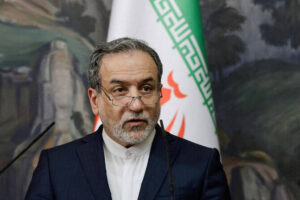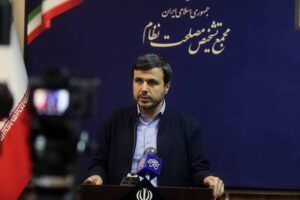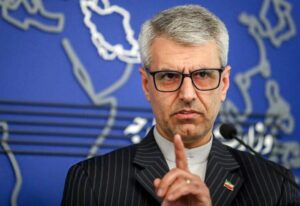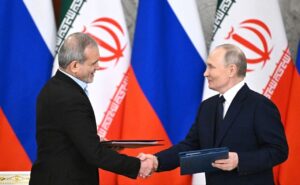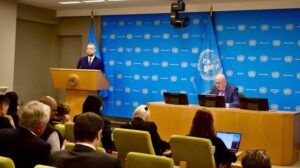Speaking in London, he stated: “It is clear that these attacks constitute a blatant violation of the UN Charter. These acts of aggression were carried out without Security Council authorization, and Israel cannot claim they were in self-defense, as it has provided no evidence of an imminent Iranian threat.”
He added: “An attack on nuclear facilities, in addition to breaching the UN Charter, also violates Security Council Resolution 487 (adopted in 1981), which was issued in response to a similar Israeli attack on Iraq’s nuclear facilities. In that resolution, the Security Council not only condemned the Israeli military strike, but also emphasized that such actions pose a serious threat to the IAEA safeguards system and to the foundation of the Nuclear Non-Proliferation Treaty (NPT).”
The veteran British diplomat criticized the stance of Western governments, saying: “It is shameful that the European Troika — the UK, France, and Germany — have not condemned this attack, especially when many other countries, including some Arab states of the Persian Gulf region, have clearly expressed opposition to it.”
Jenkins went on to say: “In a situation where Iran’s nuclear facilities have come under attack, it would be appropriate for Iran to temporarily suspend IAEA inspections of its nuclear sites to ensure the safety of agency inspectors. This suspension should remain in place until the United Nations Security Council issues a strong statement condemning the Israeli attack and a guarantee is provided to prevent the recurrence of such actions in the future.”

